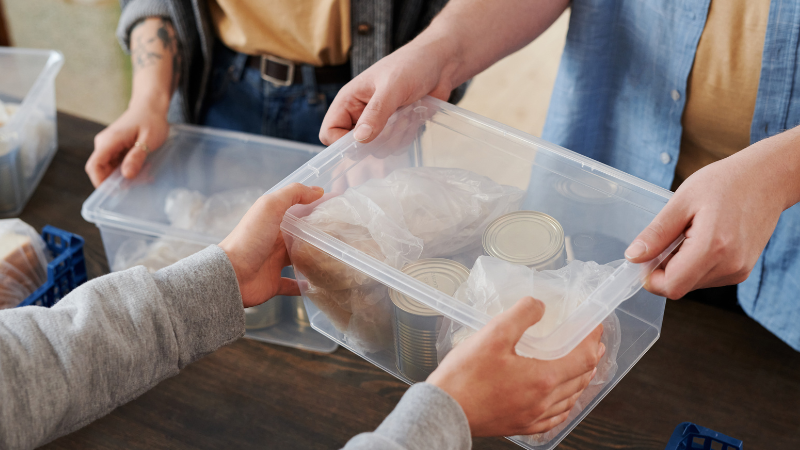Why Volunteering is Good for Your Mental Health
Looking after your mental health is increasingly becoming an important topic of conversation. Self-care is an area which has become very popular in improving mental well being, this can involve anything from exercising or taking a bubble bath to chatting with friends over coffee. But a surprising method of looking after mental well being is by giving your time volunteering.
Gaining Purpose
Volunteering time and skills to others can provide a sense of purpose to the volunteer. This could be committing time to a child to help them learn to read or sharing a skill or simply having a chat to a lonely person. This gives a purpose of helping another person and while it may improve life for the person being helped, the volunteer will also feel a greater sense of purpose which aids mentally wellbeing.
Building New Skills
While often people will volunteer in an area which they already know that they are good at, they will undoubtedly learn new skills that will not only aid them in the future but also build confidence. The National Citizen Service (NCS) has found that volunteering helps to improve confidence and reduce anxiety.
Finding Your People
Volunteering also provides a great opportunity to meet new people with similar interests. People can sometimes feel disconnected to the communities around them and especially if they have recently moved, it can seem difficult to make new friends. Volunteering provides a sense of belonging and support for volunteers which can improve mental well being.
While volunteering can help improve mental well health, if you are concerned that you or a person you know may be struggling with a mental health issue, it is advised to reach out to someone you trust and ask for help. This can either be a friend, parent, GP or you can contact The Eaves referrals team on 01483 917000 who will be happy to assist you in finding a counsellor or psychologist to help you.

